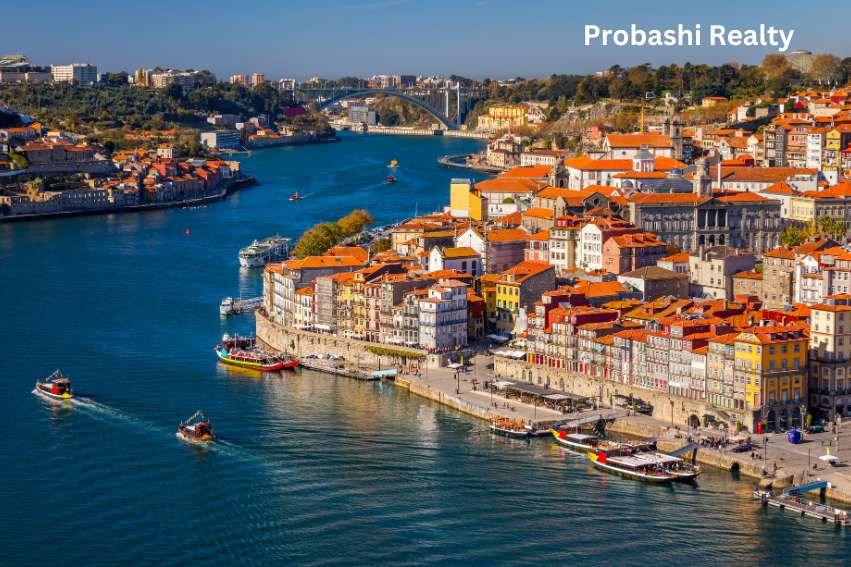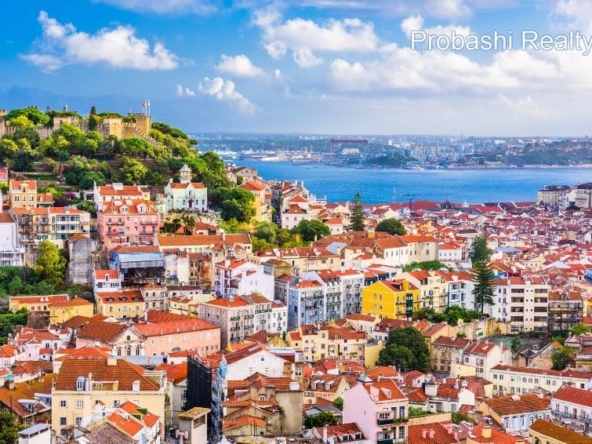Buying property in Portugal as a foreigner is a popular choice due to its favorable climate, beautiful landscapes, and relatively straightforward purchasing process. Here’s a comprehensive overview:
-
Legal Framework:
- Portugal has a welcoming legal framework for foreign property buyers, with no restrictions on non-residents owning property. Foreigners have the same property rights as Portuguese citizens.
-
Types of Property:
- Residential Property: This includes apartments, villas, townhouses, and cottages.
- Commercial Property: Offices, shops, restaurants, hotels, etc.
- Land: Agricultural land, building plots, etc.
-
Ownership Options:
- Freehold Ownership: Foreigners can own property outright in Portugal.
- Leasehold Ownership: Leasing property is less common, but it’s possible to enter into long-term leases.
-
Legal Process and Documentation:
- Promissory Contract: Once a property is chosen, a promissory contract (contrato promessa de compra e venda) is usually signed, accompanied by a deposit, typically around 10% of the purchase price.
- Public Deed: The final step is the signing of the public deed (escritura pública) at a notary’s office. This completes the property transfer process, and the remaining balance is paid.
-
Legal Assistance:
- While it’s not mandatory, it’s highly advisable to engage a Portuguese lawyer or solicitor who is familiar with property law. They can guide you through the process, review contracts, and ensure all legal requirements are met.
-
Financing:
- Foreigners can access financing from Portuguese banks to purchase property. However, the terms may differ for non-residents, and a significant down payment may be required.
-
Taxation:
- Property Transfer Tax (IMT): IMT is a one-time tax paid by the buyer upon property acquisition. The rate varies based on the property’s value, location, and intended use.
- Stamp Duty: Stamp duty is payable on the deed of purchase at a standard rate.
- Annual Property Tax (IMI): IMI is an annual tax paid by property owners, calculated based on the property’s fiscal value and local rates.
-
Residency and Visa Requirements:
- Purchasing property in Portugal does not automatically grant residency or citizenship. However, there are several residency programs available for non-EU/EEA citizens, such as the Golden Visa program, which offers residency permits in exchange for property investment.
-
Local Regulations:
- It’s essential to familiarize yourself with local regulations, zoning laws, and planning permissions, especially if you plan to renovate or develop the property.
-
Real Estate Agents:
- Working with a reputable real estate agent can simplify the property search process, provide valuable local insights, and assist with negotiations.
By considering these factors and seeking professional advice, foreign buyers can navigate the process of purchasing property in Portugal smoothly and enjoy their investment in this beautiful country.



